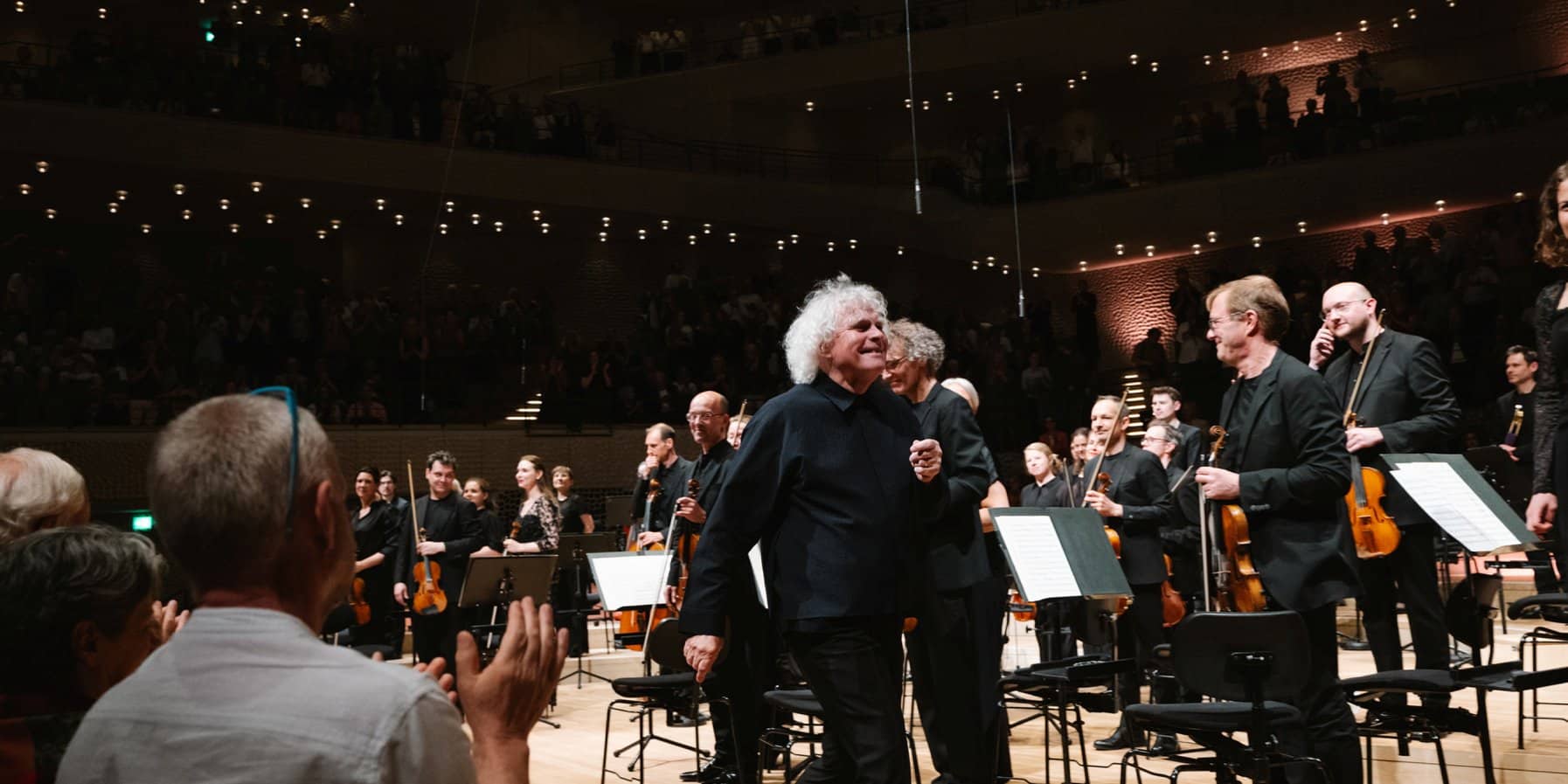Bullying in the arts ‘ is common and increasing in frequency’
mainThat’s the argument of a doctoral thesis by Anne-Marie Quigg, presented at the University of London. The subtitle is ‘When Creative becomes Coercive’.
You can read the full thesis here (we’re saving it for the weekend).
This is a summary (below). You know it happens. You’ve seen the movie Whiplash. Be aware.

The original research carried out in a range of arts organisations in the UK included employees at every level within both commercial and subsidised performing arts organisations in England, Scotland and Northern Ireland. It demonstrates that bullying in UK performing arts organisations is common and increasing in frequency: it is damaging, oppressive and unacceptable. Clear evidence is presented of the failure of management satisfactorily to address bullying: some arts workers tolerate intimidating behaviour by powercut managers because they believe in, and are committed to, the Arts. Among managers, the notion of the arts as vocaffon persists. The widespread perception is that arts organisations work outside the rules and limitations of the ordinary milieu, choosing to work in theatres and arts centres rather than in offices, factories and shops, and that the arts are different and exempt from normal rules and regulations. The research found that many aspects of working in the performing arts are not peculiar to the profession, they occur in other employment sectors and are more likely to be characteristic of the times in which we live, than specific to the sector in which we work. In assessing workplace stressors, it is the response of the organisation, alongside the individual response, that determines negative stress levels. The apportionment of responsibility for successful resolution of negative behaviours within arts organisations is examined. The need to develop suitable policies for dealing with bullying is highlighted. The nature of the behaviour, its effects on individuals and organisations and the role of the perpetrator are outlined. The experience of, and steps taken by, other countries are examined, notably Australia, Canada, France, Sweden and the United States where the profile of bullying behaviour continues to be featured regularly in the press and media, although not yet in the performing arts.
h/t: Ian Pace





That film was terrifying. Brilliant, but terrifying.
Are we naming names? Because I can think of a number, even the passive-aggressive type.
True, true, true, true, true. Two decades in the orchestral sector and I saw this happen daily.
A question of degree and ultimately it’s hard to believe any living conductor compares in bullying tactics to those of the past. Famous examples being Reiner, Szell and even Boult if a story I read on here can be believed!
An eminent conductor/soloist once screamed abuse at a pregnant colleague of mine in front of an entire orchestra. A well known British maestro was reported to have physically assaulted a member of a London orchestra last year.
But this is a report about bullying within arts organisations. It’s rare today for symphony orchestra conductors – even quite hands-on music directors – to have any genuine day-to-day personnel management role. Others – section leaders, senior managers, orchestra managers – do the dirty work for them, sometimes themselves under threat of bullying from people higher up the tree.
Interesting. Thanks for that clarification of the structure of how things tend to be done these days.
City University London, not the University of London.
Detailed documentation of a well-known case condoned or overlooked up to the highest levels of the Munich government:
http://www.osborne-conant.org/ladies.htm
The Musician’s Union produced a study of this a year or so ago and found an alarming level of bullying.
The book, Bullying in the Arts, was published in 2011 and a new Handbook of Dealing with Workplace Bullying is due out in July this year. Alexander is correct and my PhD was when I was at City University London and the research cited by Michael was carried out by the Federation of Entertainment Unions (which includes the MU) and was presented at a conference in 2013.
Link here: http://www.musiciansunion.org.uk/news/2013/11/19/creating-without-conflict-survey-findings/
#JustKeepSinging